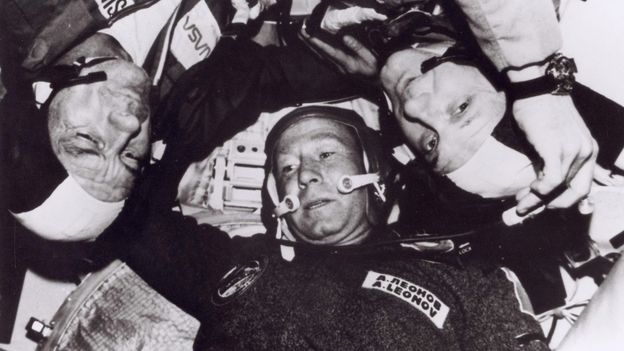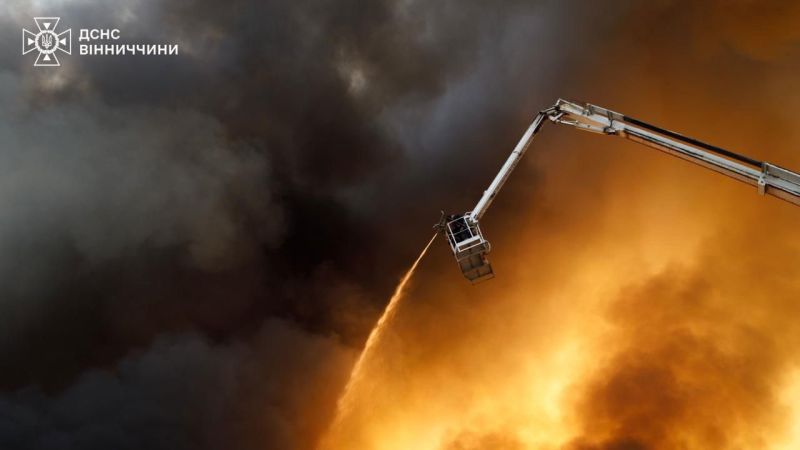Cuba’s government has put off a planned fivefold hike in fuel prices after a “cybersecurity issue,” a government official from the economy ministry announced on Wednesday. The financially struggling communist nation had previously announced the increase to take effect from February 1 as part of a series of measures to tackle its budget deficit. Mildrey Granadillo, an official from the economy ministry, mentioned a “cybersecurity incident… caused by a virus from abroad,” but did not specify a new date for the price hike. The government had earlier stated that the cost of regular gasoline would go up from 25 pesos (20 US cents) to 132 pesos per liter, while premium gasoline would increase from 30 to 156 pesos. The island with a population of 11 million is currently facing its most severe economic crisis since the collapse of the Soviet bloc in the 1990s due to the impact of the coronavirus pandemic, tighter US sanctions in recent years, and structural weaknesses in the economy. Official figures show that the Cuban economy shrank by two percent in 2023, with inflation reaching 30 percent. Independent experts believe these figures are likely underestimated. Basic items like fuel are already in short supply. Cuban drivers queued for long hours on Wednesday to fill up their tanks before the price hike came into effect. A 57-year-old driver, Lorenzo Castillo, expressed concerns over a potential “domino effect” leading to further inflation. He worried that if a taxi ride currently costs 1,000 pesos, it might soon cost two or three thousand. Officials have also mandated that tourists pay for fuel using foreign currency. Additionally, electricity prices are set to rise by 25 percent on March 1. The government heavily subsidizes nearly all essential services and goods consumed by Cubans. lp/jb/mar/fb/st
Cuba postpones 500% increase in fuel prices due to' cybersecurity' issue















